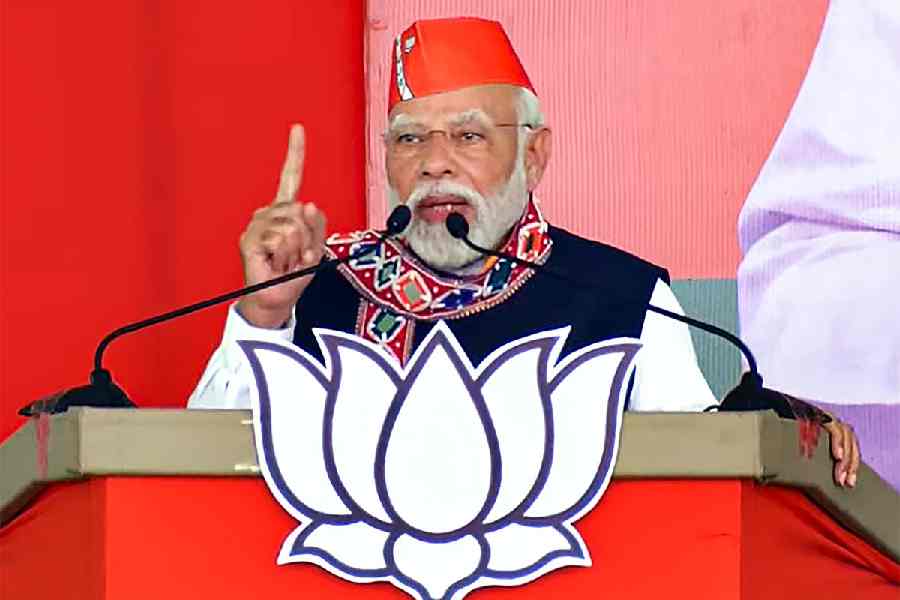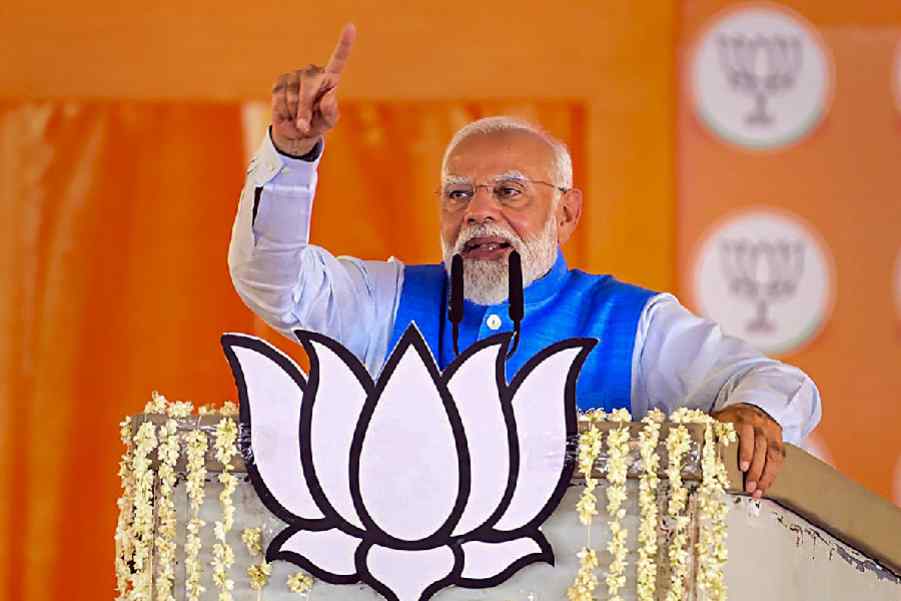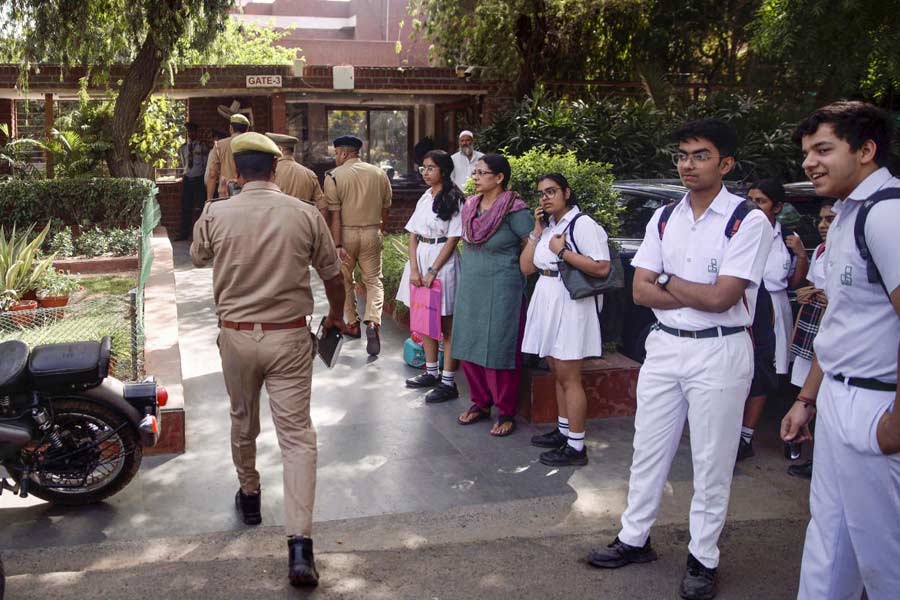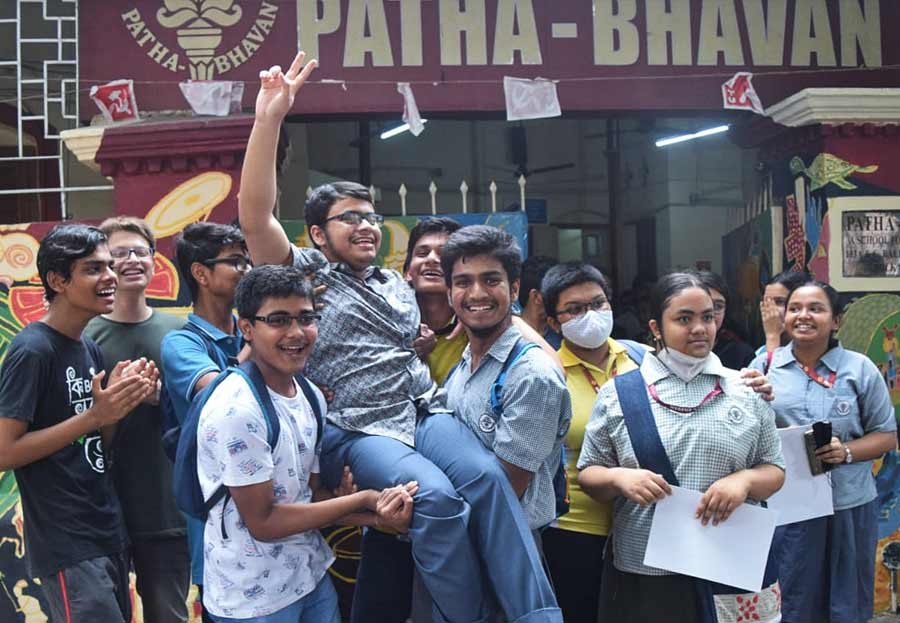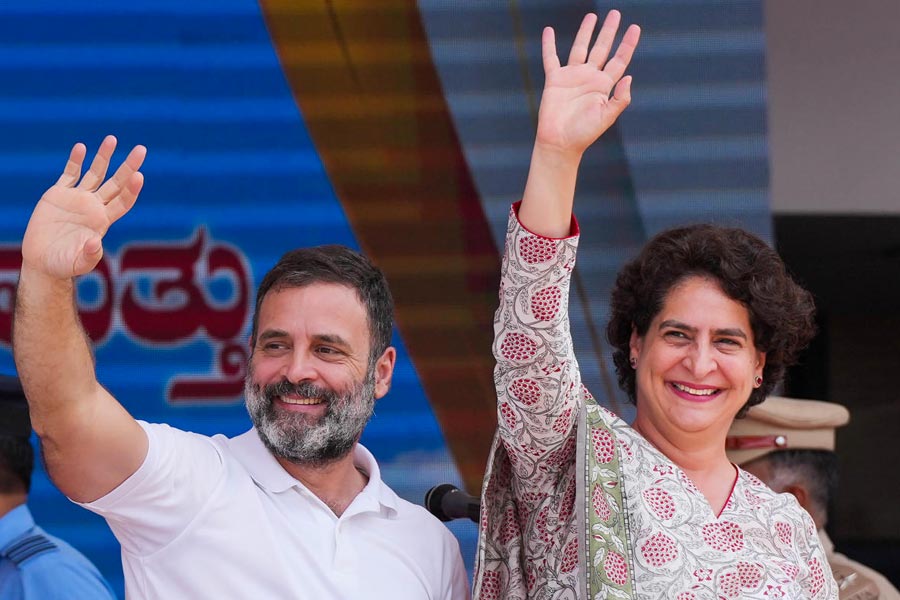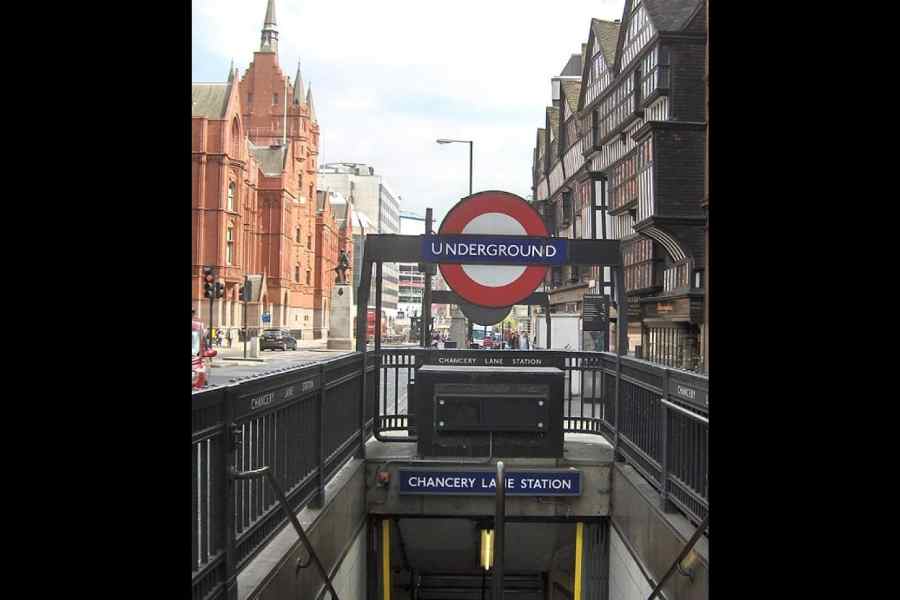In diplomacy, as in life, what one chooses not to do matters as much as what one does do.
On November 21, South Africa hosted an extraordinary session of the BRICS grouping over Israel’s devastating bombing of Gaza. President Cyril Ramaphosa, the host, was joined on video conference by the presidents of Brazil, Russia and China, as well as by the leaders of Argentina, Saudi Arabia, the United Arab Emirates, Iran, Ethiopia and Egypt — six countries poised to join the grouping in 2024.
There was only one country that decided to field its foreign minister instead of its top leader: India, a founding member of the BRICS. Prime Minister Narendra Modi was busy campaigning for state assembly elections and so deputed the external affairs minister, S. Jaishankar.
If attending a virtual meeting representing the most powerful collective of Global South leaders aimed at trying to find a pathway to stop a brutal war was not important enough for Modi, what Jaishankar said — and what he didn’t — stood out even more. While leader after leader called for a ceasefire and criticised Israel’s carnage in Gaza, Jaishankar stuck to boilerplate comments on a two-state solution, the need to ease humanitarian suffering, and opposition to terrorism. There were no calls for a ceasefire; no mention of the indiscriminate bombing of Gaza’s hospitals, schools, churches and refugee camps that has killed more than 14,000 Palestinians, including over 6,000 children.
Sadly, the events of November 21 are reflective of an Indian approach to the war that is rapidly eroding the country’s legitimacy as a leader that represents the sentiments of the Global South and the status of a diplomatic heavyweight that New Delhi so covets. It has sent aid for Gaza, but has done nothing to put pressure on Israel, the warden of that 2.2-million-strong open air prison, to do more to alleviate the sufferings of civilians in the narrow coastal strip. It has said nothing about the increased attacks by Israeli settlers on Palestinians in the occupied West Bank. And it has stayed away from any role in the mediation efforts that have brought a four-day pause in fighting and the exchange of hostages taken by Hamas in October and Palestinian prisoners held in Israeli jails. Diplomatically, it has been an outlier among the leading nations of the Global South. At the United Nations General Assembly vote for a truce in late October, India abstained, while every other BRICS nation and most other developing nations voted for the resolution.
But it isn’t just India’s position on the war that’s hurting its standing with the very Global South Modi is keen to lead. New Delhi’s seeming unwillingness to engage proactively with the world’s most burning geopolitical issue is showing up the hollowness of its claims of growing global clout. Modi calls the Israeli prime minister, Benjamin Netanyahu, a friend. India was the first non-Arab nation to recognise the Palestine Liberation Organization, which the Palestinian Authority president, Mahmoud Abbas, heads. It could have used its leverage to work with other mediators, including Qatar, Egypt and the US, on a ceasefire plan that would address core Israeli concerns while laying down sharp red lines.
This war is reshaping the Middle East in the most fundamental way possible. Countries that have struck peace deals with Israel, including the United Arab Emirates and Morocco, are under pressure to scrap them. The planned normalisation between Saudi Arabia and Israel stands no chance in the foreseeable future. If, as some Israeli officials have suggested, the country tries to push the people of Gaza into the Sinai desert when the war resumes, even Egypt’s relationship with Israel — the oldest among Arab nations — could fracture.
If India is seen as holding up a united position among the major Global South nations in calling for an end to the war, that is certain to affect its position in the broader Middle East. That Arab and Muslim ministers started a recent tour of key nations from China, where Beijing backed calls for a ceasefire, points to the shifts in the Middle East that will bypass India if New Delhi does not course-correct.
Charu Sudan Kasturi is a senior journalist who writes on foreign policy and international relations

